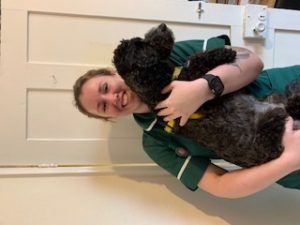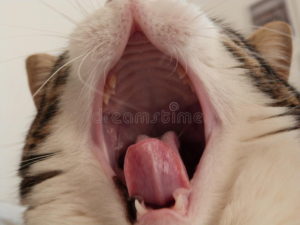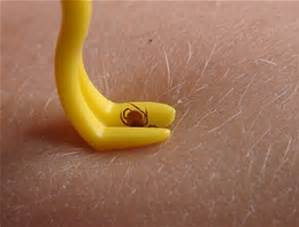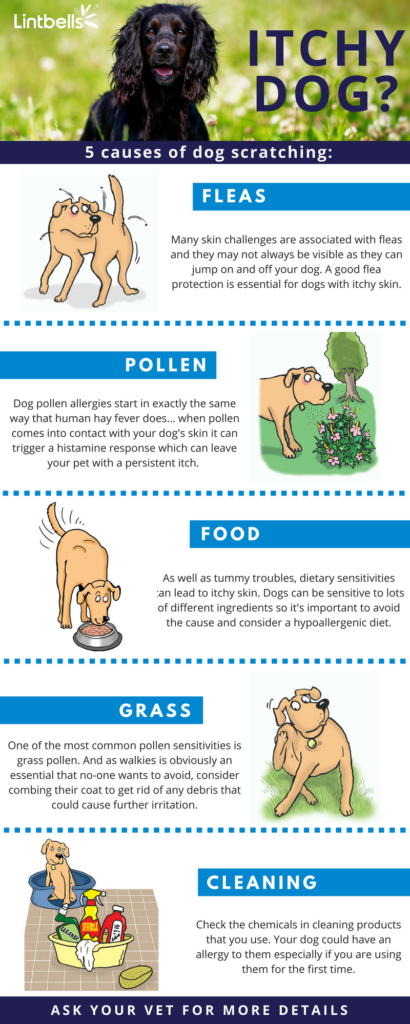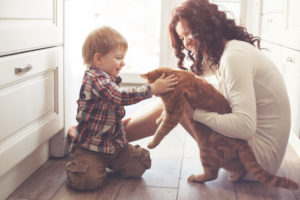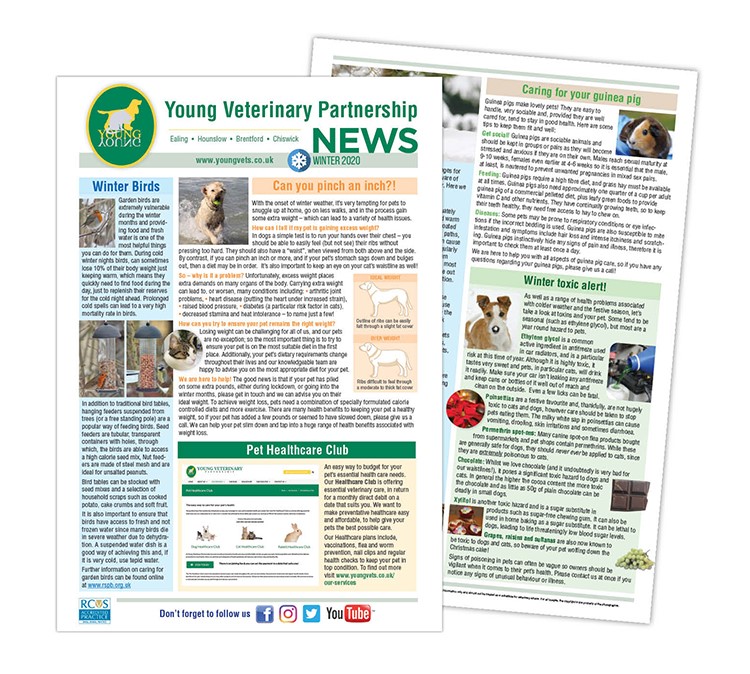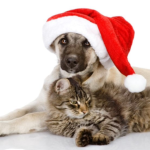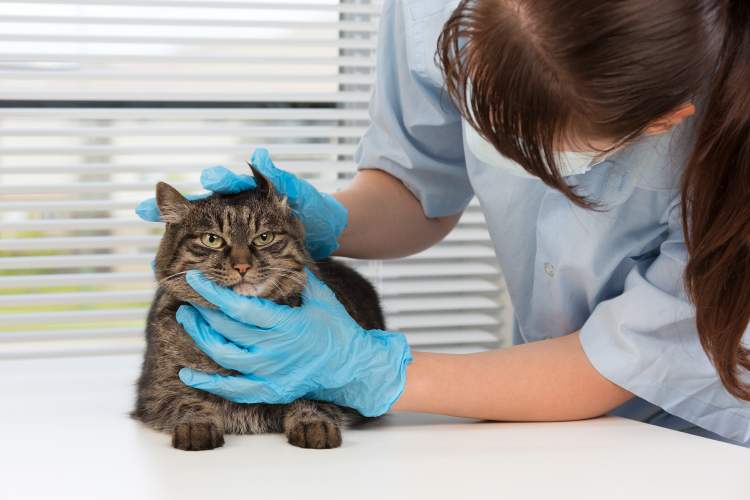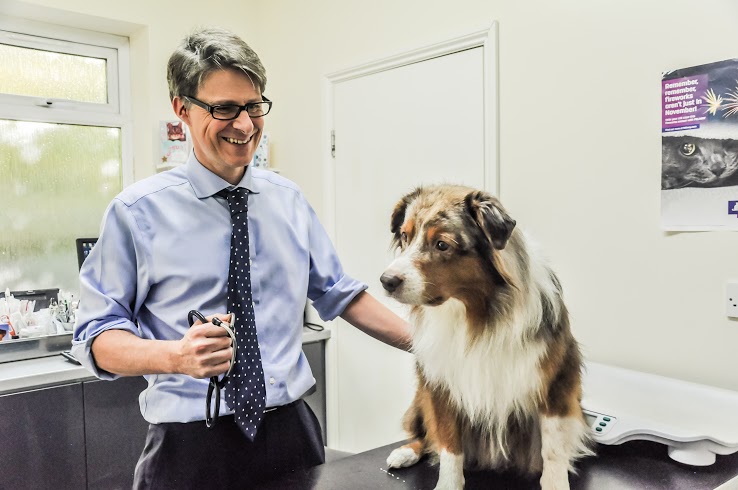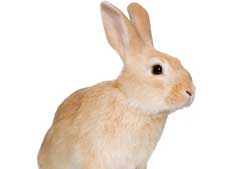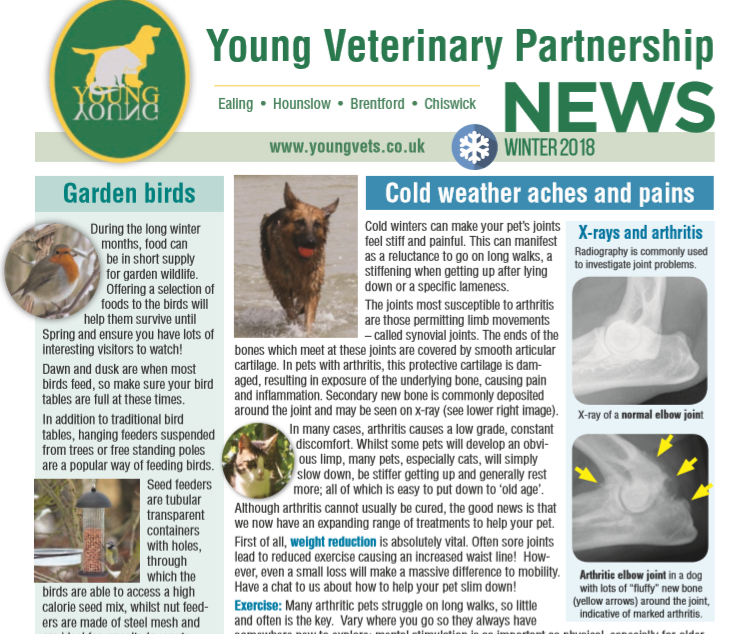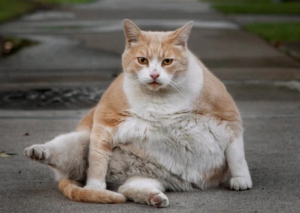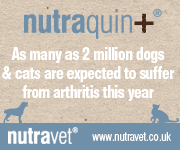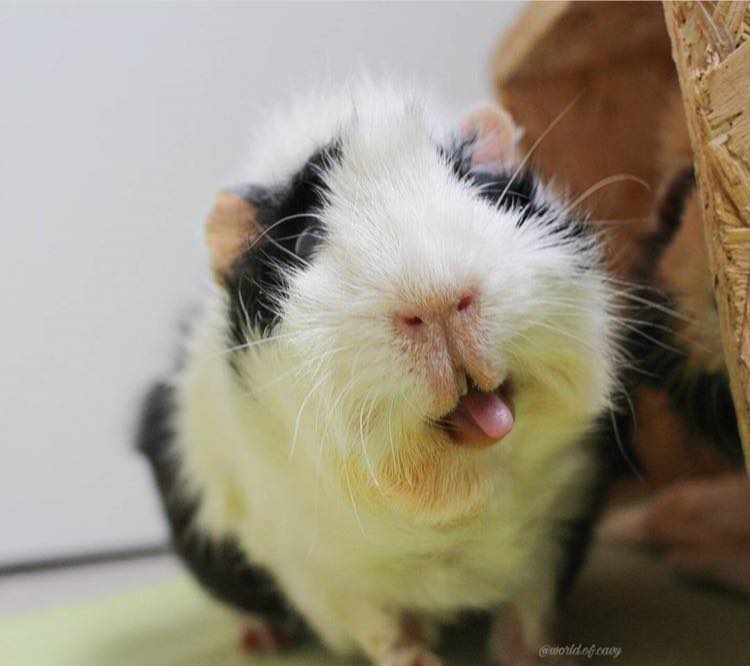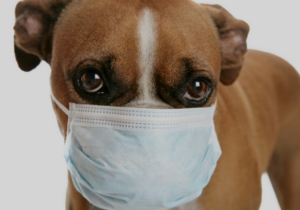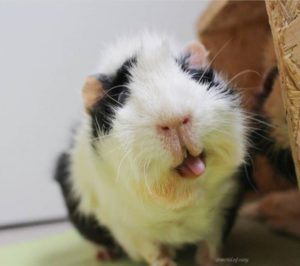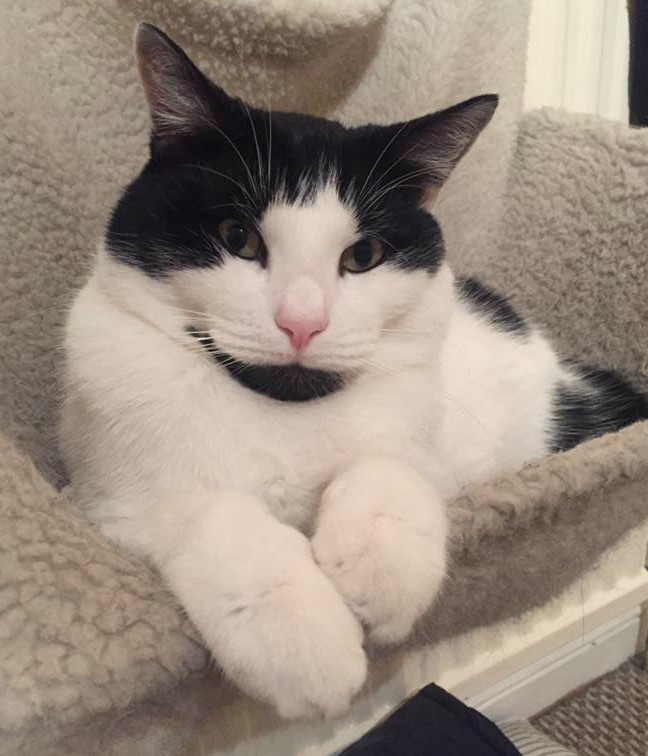Keep your pets cool this summer.
Keep your pets cool this summer. Our pet blog has arrived and it includes some great advice on keeping your pets cool during the summer heat. Be the first to read our blog here. Heat can be a real killer for many pets, especially golden oldies and brachycephalic breeds.
Have you considered brain training, enrichment or trick training to tire your dog out without walking them in the heat?
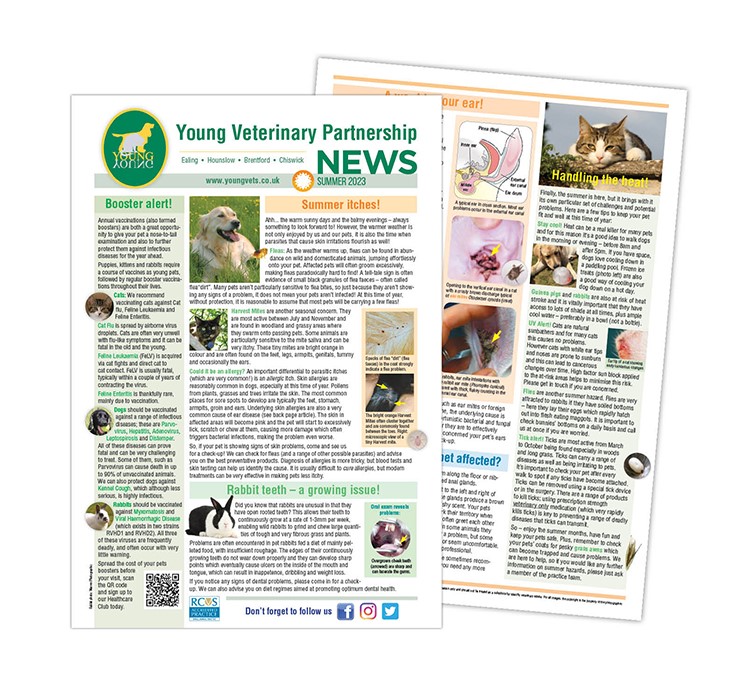
Grass awns, ear mites and other ear problems.
Our Summer news discusses the different causes of ear problems, a common ailment in cats, dogs and many rabbits that we see here at Young Vets. We recommend checking your pets ears at least twice a week for signs of irritation or infection. Read our latest pet blog for advice on signs to watch out for and what to do if you suspect a problem.

Tick alert!
Ticks are most active from March to October being found in woods and long grass. Our latest pet blog discusses the problems that ticks can cause and how to remove them safely from your pet. If you want to discuss tick protection for your pet please contact our friendly team for advice on the most suitable product for your pet.
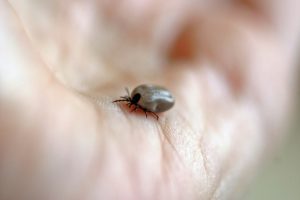
Does your dog scoot?
Do you see your dog scooting their backend along the floor, or are they ferociously nibbling at the back end / tail area, this could indicate blocked anal glands. Our Summer Pet Blog explains more on anal gland irritations, a common problem in some dogs. Our team can also offer advice on how to help manage the problem and prevent it re occurring, although some pets have to visit on a regular basis for this problem.
We hope you enjoy reading our latest pet blog, if you have a question regarding any of the articles mentioned please do not hesitate to contact our friendly team for more advice on your pets individual case.

